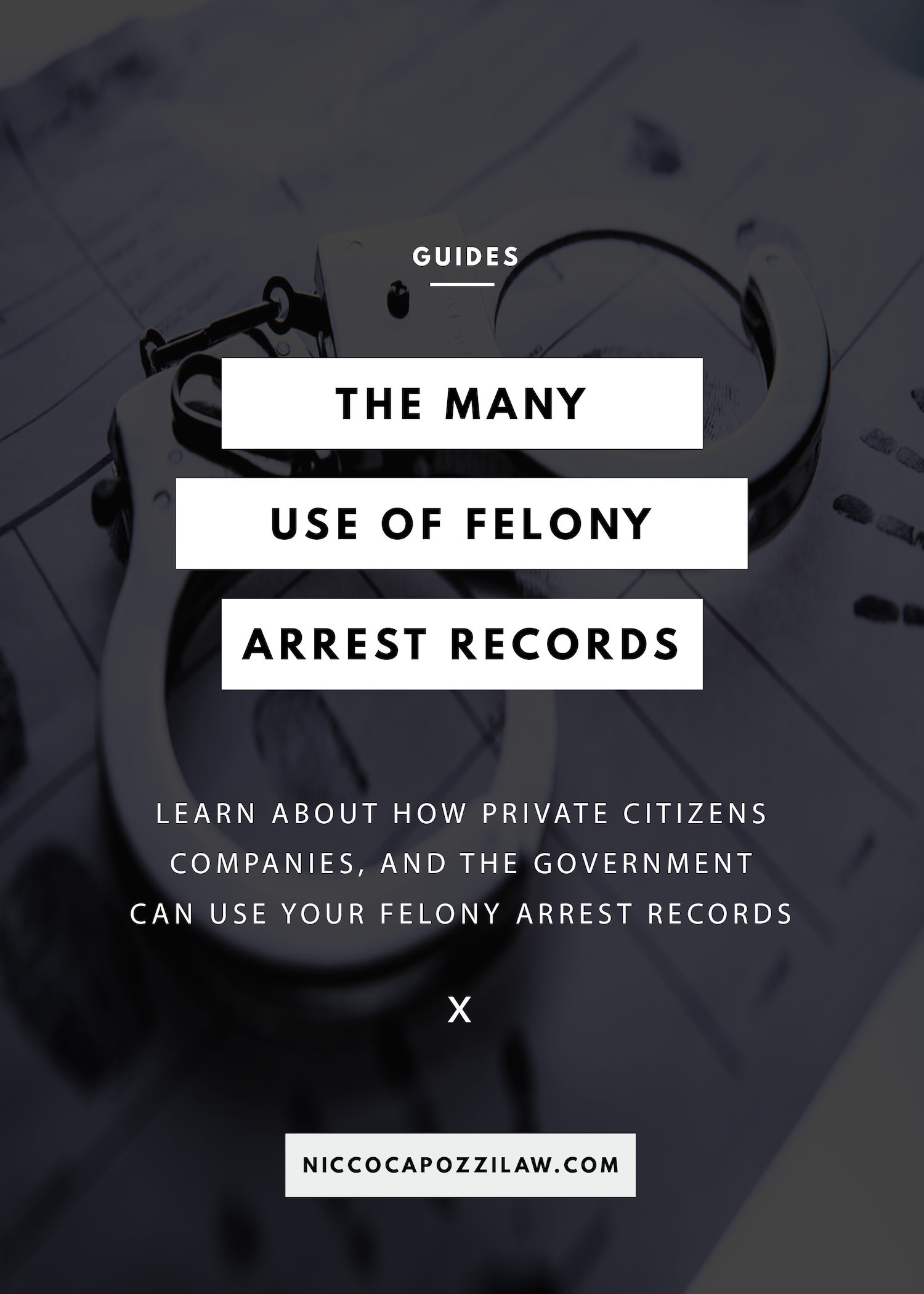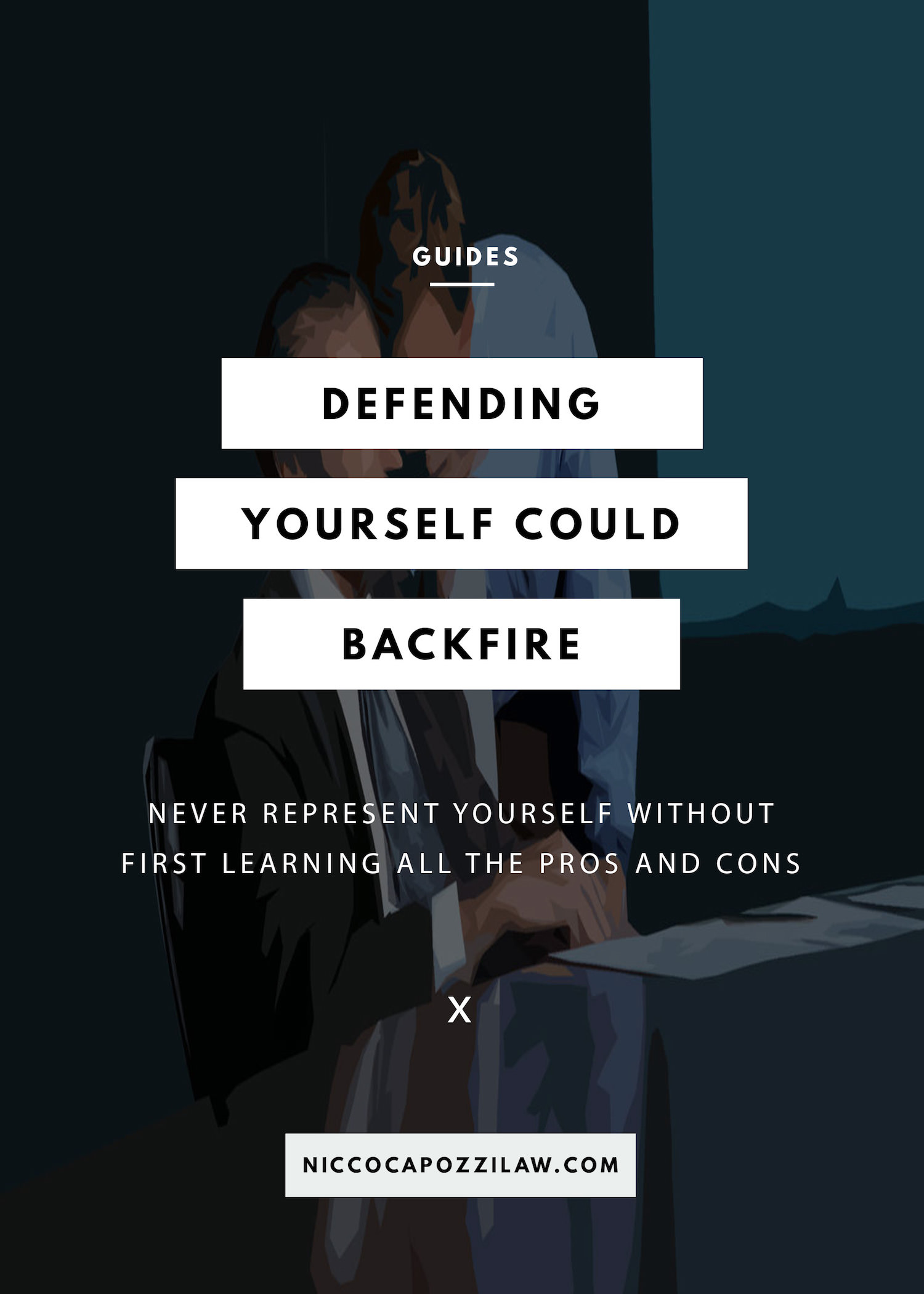Bullying and cyberbullying continue to be problems for both kids and adults. But how do you know when it's happening? And what can you do about it? Know the signals your child is being bullied and what you can do if anyone you know is the target of bullying.
When Your Child Is Being Bullied
If your child is exhibiting any of the following warning signs, he or she may be the victim of bullying: unexplainable injuries, lost or destroyed personal belongings, feeling sick or feigning illness, decreased self-esteem, changes in eating habits, difficulty sleeping or having nightmares, declining grades, not wanting to go to school and loss of interest in social activities. Bullying may even lead to self-destructive behaviors and thoughts of suicide.
When an Adult Is Being Bullied Online
Just like in-person bullying, cyberbullying can have devastating effects on its victims. These online attacks can take the form of trolling, name-calling, shaming, impersonation and threats. And, like its traditional method, cyberbullying is meant to demean, humiliate and intimidate. Sadly, it affects kids, teens and adults, and particularly women.
What You Can Do and When to Contact Authorities
It's important to know your legal protections. All 50 states have anti-bullying laws and all but two (Alaska and Wisconsin) include electronic harassment in those laws. If your child is being bullied, contact your child's teacher, school counselor, principal and any other education professionals who can help and tell them what's happening.
Adult victims of cyberbullying should not respond or retaliate; this is what bullies want and it could lead to worse attacks. It's important to save any photos and emails and take screenshots of any status updates, tweets and comments that could serve as evidence. When the bullying turns into threats of physical harm, it's time to contact local law enforcement.






